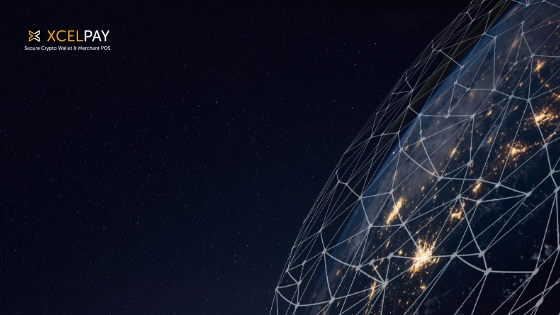Perpetual Future Contracts Explained
To
understand the functions of a Perpetual Future Contract it is important to
first fully understand the meaning of a future
contract. A futures contract is an arrangement to buy or sell a
commodity, currency, or another tool at a prearranged price at a definite time
in the future.
Unlike
an old-fashioned spot market, in a futures market, the trades are not ‘settled’
promptly. Instead, two counterparties will trade a contract, that defines the clearance
at a future date. Also, a futures market doesn’t allow users to unswervingly
purchase or sell the product or digital asset. Instead, they are trading a
contract representation of those, and the actual trading of assets (or cash)
will happen in the future - when the contract is exercised.
As
a simple example, consider the case of a futures contract of a physical
commodity, like wheat, or gold. In some traditional futures markets, these
contracts are marked for delivery, meaning that there is a physical delivery of
the commodity. As a consequence, gold or wheat has to be stored and
transported, which creates additional costs (known as carrying costs). However,
many futures markets now have a cash settlement, meaning that only the
equivalent cash value is settled (there is no physical exchange of goods).
Additionally,
the price for gold or wheat in a futures market may be different dependent on
how far is the contract settlement date. The longer the time-gap, the higher
the carrying costs, the larger the probable future price uncertainty, and the
larger the potential price gap between the spot and futures market.
Perpetual
Future Contract
A
perpetual contract is a special type of futures contract, but unlike the
traditional form of futures, it doesn’t have a termination date. So, one can
hold a position for as long as they like. Other than that, the trading of continuous
contracts is based on an underlying Index Price. The Index Price contains of
the average price of an asset, according to major spot markets and their
relative trading volume.
Thus,
unlike conservative futures, perpetual contracts are often traded at a price
that is equal or very similar to spot markets. Still, the principal difference
between the traditional futures and perpetual contracts is the ‘settlement
date’ of the former.



Comments
Post a Comment